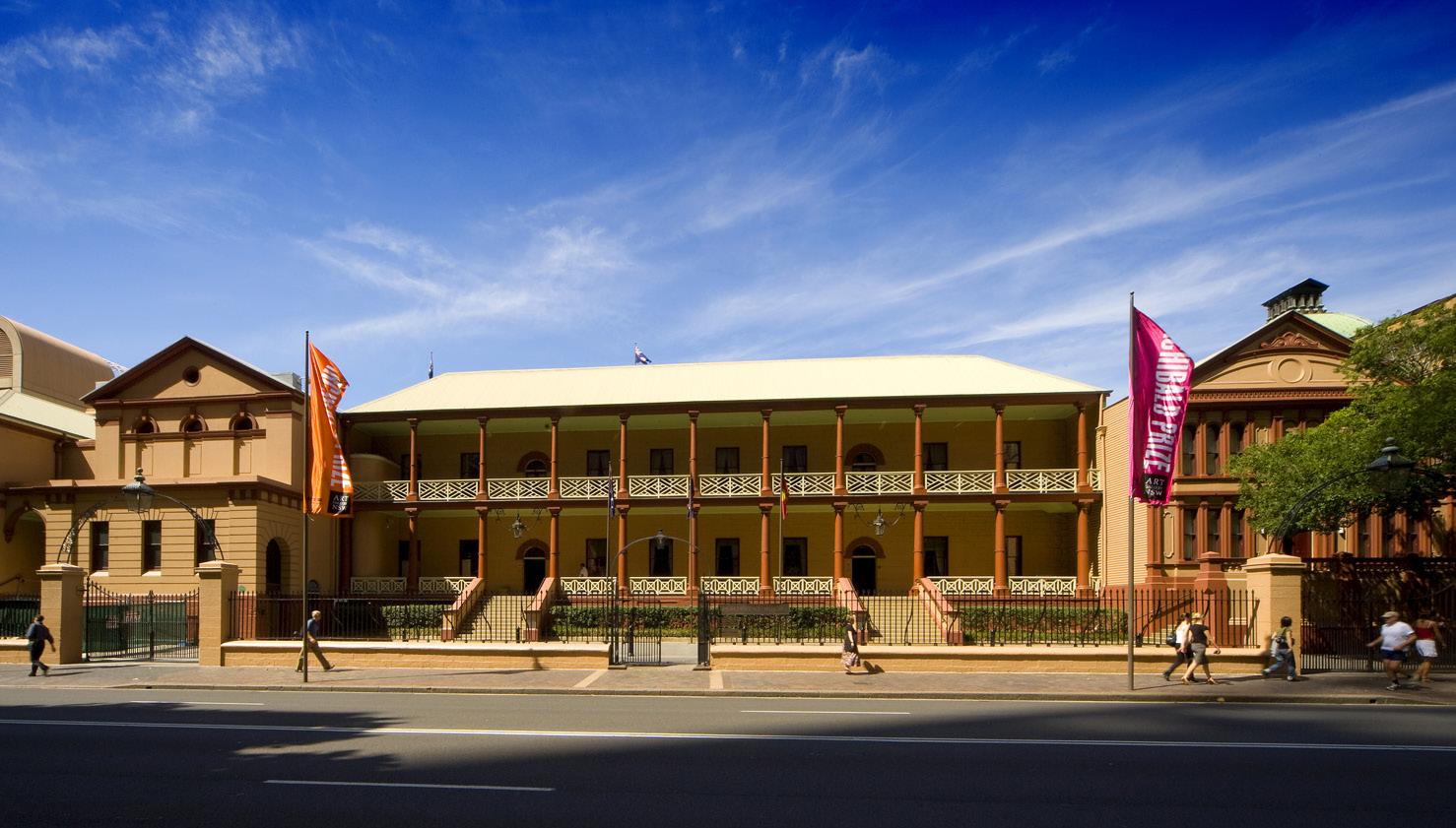
4 minute read
Engaging the public through parliamentary petitions
HOW PARLIAMENTARIANS CAN ENGAGE THE PUBLIC THROUGH PETITION SYSTEM REFORMS
Many Commonwealth Parliaments around the world are introducing reforms designed to re-engage with their communities and one key reform is the modernisation of parliamentary petition systems.
Australia, as with many developed nations, is facing a widespread loss of public confidence and trust in its political institutions. With the 2019 Australian Election Study reporting ongoing falls in public satisfaction with democracy and trust in government, it is clear that, as stated in a recent journal article, “citizens are judging their politics not through the lens of complacency but more through the lens of righteous indignation.”
These attitudes have profoundly negative consequences for the democratic system – without an engaged and active civic culture, our future challenges will be much harder to overcome.
Many Parliaments around the world are introducing reforms designed to re-engage with their communities. One key reform is the modernisation of parliamentary petition systems. A number of Parliaments - including the Parliament of New South Wales - are updating their petition systems to give petitioners meaningful opportunities to present their concerns to their elected representatives.
However, we cannot simply modernise petition systems and expect the public to regain confidence in political institutions. Members of Parliament play an essential role in promoting these revamped systems and persuading their communities that their activism can bring meaningful change. While not all Parliamentarians have the capacity to facilitate the petition process, Members who wish to be involved must appreciate that the skills and support they can offer petitioners - time, effort, resources, experience - can play as important a role as the petition system itself.
My 2018 journal article, Parliamentarians’ Actions within Petition Systems: Their Impact on Public Perceptions of Fairness, outlined the positive actions taken by New South Wales Legislative Assembly Members when they worked with petitioners. While many of these actions may be considered ‘common sense’, in this time of declining political trust, these behaviours may facilitate re-engaging the community with politicians and political institutions.
It is important that petitioners feel supported by Parliamentarians who advocate their causes. Members demonstrated this in a variety of ways, including public recognition during parliamentary debates, meeting constituents to discuss petition issues, and raising community and media awareness of petition issues.

Above: The Parliament of New South Wales in Sydney, Australia.
To newcomers, the petition process may seem bewildering. To minimise confusion and frustration, Members of the New South Wales Legislative Assembly helped guide petitioners to submit their petitions. Importantly, Members attempted to manage petitioners’ expectations about what their petitions could - or could not - accomplish. While this may not prevent disappointment should a petition be unsuccessful, it may persuade petitioners that Parliamentarians are willing and able to provide assistance.
Trust in political institutions may also be gained through Member involvement in the petitions systems. A number of New South Wales Members took on petition causes as their own, attending public meetings or rallies to advocate for the issue, while others met directly with constituents to discuss matters.
Although not required under the sessional orders, New South Wales Government Ministers and Parliamentary Secretaries have attended petition debates to respond to petitioners’ concerns. While Ministers did not always change their policy positions, they nevertheless held themselves publicly accountable for their decisions, outlining the reasoning behind a policy and acknowledging public concerns.
These positive actions are supported by Hon. John Ajaka, MLC, President of the New South Wales Legislative Council and CPA Vice-Chairperson:

Hon. John Ajaka, MLC, President of the New South Wales Legislative Council and CPA Vice-Chairperson
Chris Angus is a Research Officer at the New South Wales Parliamentary Research Service at the Parliament of New South Wales, Australia.





